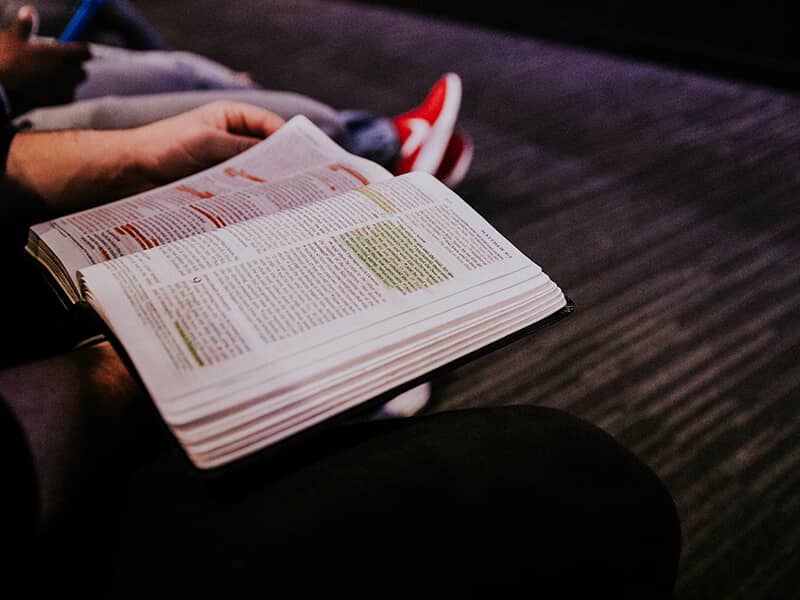U.S.-led forces operating south of Baghdad were trying to root out Iraqi fighters in the holy Muslim Shiite cities of Najaf and Karbala without damaging their gold-domed shrines, U.S. officials said. The coalition has declared the holy sites as "no target'' zones only to be fired upon in self-defense, and troops chose not to return fire Wednesday, U.S. Marine Brig. Gen. Vincent Brooks said.
There have been concerns that Saddam Hussein's Sunni Muslim regime would try to provoke U.S.-led forces to attack such holy sites, thereby alienating the country's majority Shiite population, whose support the coalition has been trying to rally. Damage to the shrines could inflame Shiite feelings against the United States worldwide, particularly in Shiite Iran next door.
Calling the Iraqi fighters' use of the mosque "a detestable example of putting historical sites in danger,'' Brooks said coalition troops would try to avoid harming the shrine. "This regime is firing from within a mosque, something that has no military value, and should be protected by them, but instead it is being protected by us,'' Brooks said during a briefing at Central Command headquarters. "We don't have to go to that mosque and we certainly want to keep it as protected as possible,'' he said. "It's something we know to be sacred, and something obviously the people of the town know to be sacred.''
Video shown at the briefing of Iraqi troops positioning two tanks on transporters next to another mosque. Brooks said a third truck carried a container that exploded, but there were no U.S. warplanes or other weapons in the area that could have caused the blast.
British Prime Minister Tony Blair said Wednesday there was evidence that Iraq itself may be planning to damage the shrines, and then blame the coalition. "We are doing everything we can to protect those holy sites and shrines,'' Blair said.
In Baghdad, Iraqi Information Minister Mohammed Saeed al-Sahhaf said his government was also concerned about possible damage to historical and cultural sites.
For the world's nearly 120 million Shiite Muslims, Najaf is the third holiest city, behind Mecca and Medina in Saudi Arabia. Najaf, whose name in Arabic means "a high land,'' is the burial place of Imam Ali Ibn Abu Talib, the Prophet Muhammad's cousin and son-in-law and the Shiites' most revered saint.
It is located about 160 kilometers (100 miles) south of Baghdad on a high desert plateau overlooking the world's largest cemetery, where Shiites aspire to bury their dead. Ali's shrine in the city center, with its silver-covered tomb, ceramic ornamented walls and resplendent golden dome and minarets, is considered one of the landmarks of Islamic art. Najaf is also the seat of the Shiites' spiritual leaders, known as ayatollahs, and an Islamic center of learning.
Karbala, about 64 kilometers (40 miles) to the north, is the burial place of Imam Hussein, Ali's son, who was killed in a battle with the army of the Sunni Muslim Omayad Kaliph Yazid in 680.
Hussein is considered a martyr and his death is memorialized by Shiites for its historical importance and its symbolic significance - as a struggle between justice and injustice.The two tombs are venerated by Shiite pilgrims from inside and outside Iraq, with tens of thousands of Iranians visiting them each year. Karbala, which is surrounded by date palm groves, overlooks a sandy expanse next to the Euphrates River.
The holy shrines in both cities are believed to have been built by Persian kings who filled them with priceless objects and gifts. The shrines suffered heavy damage when Saddam's government put down a Shiite rebellion after the 1991 Persian Gulf War, but they have since been restored. In this conflict, Iraq's Shiites have not risen against Saddam Hussein as they did in the last Gulf War, when they were left to face his forces alone and were slaughtered.

